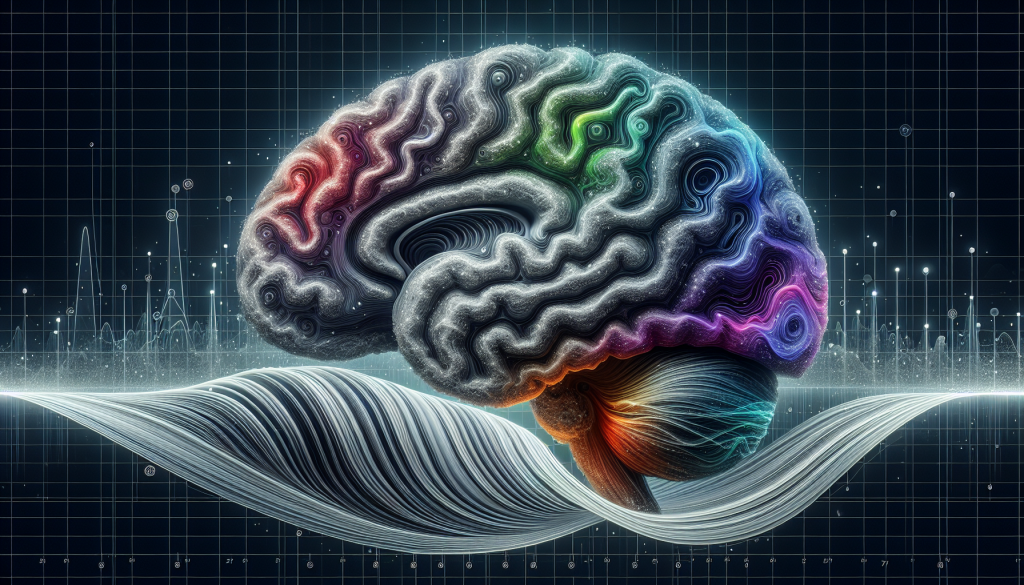
The Silver Tsunami: How Our Brains Change as We Age
As we grow older, our bodies go through significant changes, from greying hair to slower movements. But what about our brains? The Silver Tsunami, a term used to describe the rising population of elderly individuals, brings attention to how aging affects our cognitive functioning. In this article, we’ll explore the research on how our brains change as we age and what that means for our overall well-being. So buckle up and get ready to ride the waves of the Silver Tsunami!
The Aging Brain: What Happens?
According to the National Institute on Aging, the brain shrinks in size by around 5% each decade after the age of 40. This shrinkage, known as brain atrophy, is a natural part of the aging process. However, it is not the only change that occurs in our brains as we age. Our brain cells also start to decline in number and functioning, affecting our cognitive abilities and overall brain health.
With this decline in brain cells, we may experience changes in our memory, attention, and decision-making abilities. Forgetting someone’s name or where we left our keys may become more frequent occurrences. Additionally, the processing speed of our brains slows down, making it harder to learn new information and react quickly to situations.
But it’s not all bad news. While these changes can be frustrating, they are a natural part of the aging process, and there are ways to help keep our brains healthy and functioning as we grow older.
Brain Training: Exercising Your Mind
Similar to how physical exercise can keep our bodies in shape, mental exercises can help keep our brains sharp and agile. Engaging in activities like puzzles, word games, and learning new skills can stimulate our brain cells and improve cognitive functioning. Studies have also shown that participating in social activities, such as volunteering or joining clubs, can have a positive impact on our brain health.
Furthermore, incorporating regular physical exercise into our routine can also benefit our brain health. Exercise increases blood flow to the brain, providing it with essential nutrients and oxygen that support brain function. It has also been linked to improved memory, attention, and overall cognitive functioning in older adults.
A Healthy Lifestyle: Nourishing Your Brain
Our brains, like our bodies, need proper nourishment to stay healthy. A diet rich in nutrients, particularly omega-3 fatty acids, has been linked to maintaining brain health and even reducing the risk of developing Alzheimer’s disease and other forms of dementia. Including foods like salmon, avocados, and nuts in our diet can help support brain health as we age.
In addition to diet and exercise, getting enough restful sleep is crucial for our brain health. During sleep, our brains process information, consolidate memories, and repair and regenerate brain cells. It is recommended for adults over 65 to aim for 7-8 hours of sleep each night to support healthy brain functioning.
The Ageless Brain: Adapting and Improving
Despite the changes that occur in our brains as we age, research has also shown that our brains have a remarkable ability to adapt and change, a process known as neuroplasticity. This means that we can continue to learn and improve our cognitive abilities regardless of our age.
By engaging in new and challenging activities, we can create new brain connections and stimulate the growth of new brain cells. This can help counteract the effects of aging and support a healthier, more agile brain.
The Takeaway
The Silver Tsunami is an unavoidable reality, and with it, comes changes in our brains and cognitive functioning. However, by staying physically and mentally active, nourishing our brains, and maintaining a healthy lifestyle, we can support our brain health and continue to thrive as we age. So let’s embrace the waves of the Silver Tsunami and ride them towards a healthier, more ageless brain.
Remember, age is just a number, and our brains have the potential to keep growing and evolving, no matter what stage of life we’re in.